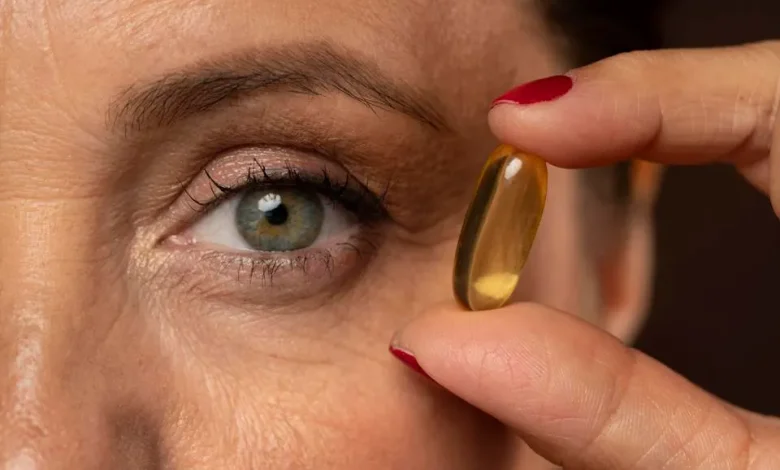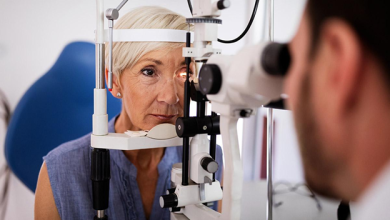Which vision supplements are best for seniors over 60?

Vision health becomes increasingly important as we age, particularly after reaching 60, when age-related macular degeneration, cataracts, and other ocular conditions become more prevalent. Nutrition can help maintain eye function and prevent oxidative damage that accelerates these conditions. Research shows that specific nutrients can slow the progression of certain eye diseases, while others help maintain basic visual acuity and comfort during ageing. keeping vision healthy for eye vitamins for seniors recommended by many optometrists and ophthalmologists. These specialised supplements typically contain higher concentrations of antioxidants, carotenoids, and essential fatty acids that directly support retinal health and other ocular structures.
Essential nutrients for ageing eyes
The most research-backed nutrients for senior eye health include:
- Lutein and zeaxanthin – These carotenoids concentrate in the macula, filtering harmful blue light and neutralising free radicals
- Vitamin C – Maintains healthy blood vessels in the eyes and regenerates antioxidants
- Vitamin E – Protects cell membranes throughout the eye from oxidative damage
- Zinc – Brings vitamin A from the liver to the retina for production of protective melanin
- Omega-3 fatty acids – Reduce inflammation and support proper retinal function
- Copper – Works with zinc to help form connective tissue and produce melanin pigment
Clinical studies show these nutrients work synergistically, providing greater protection than when taken separately. The specific ratios matter considerably, with optimal formulations reflecting the proportions found most effective in large-scale clinical trials rather than simply including impressive-looking amounts on the label.
AREDS and AREDS2 formula explained
ARES and ARES2 are the gold standard for vision supplement research. These large, multi-year clinical trials established specific formulations shown to reduce the progression risk of advanced age-related macular degeneration by about 25% over five years in high-risk individuals. The original AREDS formula included vitamin C, E, beta-carotene, zinc, and copper. However, research later found that beta-carotene increased lung cancer risk in smokers, leading to the development of the AREDS2 formula. This updated version replaced beta-carotene with lutein and zeaxanthin, which proved effective without the associated risks. The AREDS2 formula also adjusted zinc levels based on newer research about optimal dosing for seniors.
When to start supplementation?
The best time to begin eye-specific supplementation varies based on individual risk factors and existing eye conditions. Eye-specific nutrients become particularly important for most adults after age 50, when natural protective mechanisms begin declining more rapidly. Those with family histories of macular degeneration or other genetic risk factors often benefit from starting specialised eye nutrition earlier, sometimes in their 40s. Early intervention proves especially valuable since many eye conditions develop silently for years before causing noticeable symptoms. When vision changes become apparent, considerable damage may have already occurred. Supplement effectiveness tends to focus more on preserving remaining vision rather than restoring what has been lost, making preventative approaches particularly valuable.
Natural vs. synthetic options
Though each approach offers distinct advantages, food-based and synthetic supplements can provide the necessary eye nutrients. Food-based supplements contain nutrients in their natural ratios along with complementary compounds that may enhance absorption and effectiveness. Nutrition-dense foods include bilberries, spinach, kale, and orange peppers in these formulations. Synthetic formulations allow for precise control of dosages based on clinical research findings. They typically deliver higher concentrations of specific nutrients than is possible through food-based options alone.





